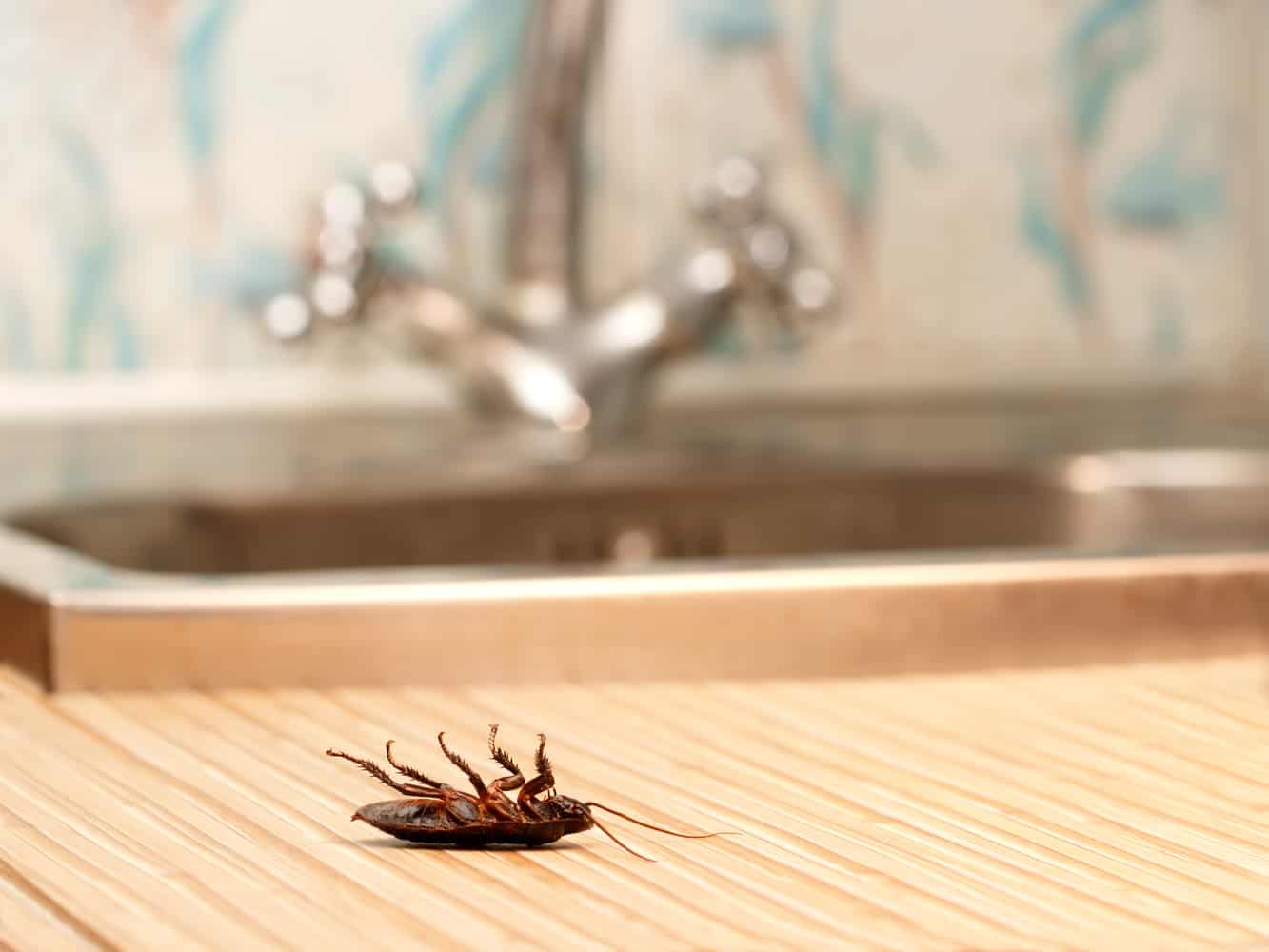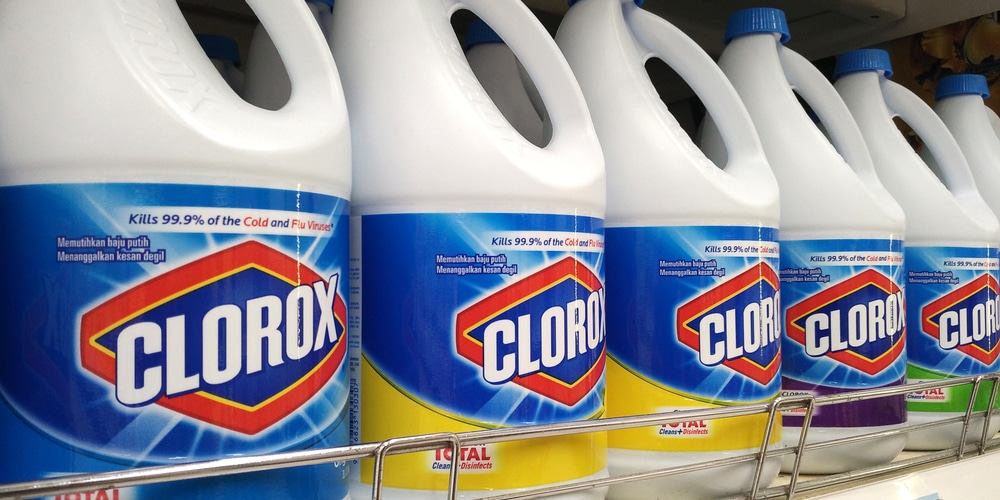When it comes to cleaning, bleach is one of the most commonly used household disinfectants. It is known for its strong oxidizing properties that can kill bacteria, viruses, and fungi. However, there is a common myth that bleach can destroy DNA. Is it true or just a misconception? Let's find out.
What is DNA?

DNA or Deoxyribonucleic acid is a molecule that carries genetic information in all living organisms. It is the blueprint of life that determines our physical and biological characteristics.
How does Bleach work?
Bleach is a strong oxidizing agent that works by breaking down the chemical bonds of organic matter, including proteins and enzymes. It destroys the cell membrane of microorganisms, leading to their death.
Can Bleach Destroy DNA?

Although bleach is a powerful disinfectant, it cannot destroy DNA. DNA is a highly stable molecule that can withstand extreme conditions such as high temperatures, radiation, and chemicals. Even though bleach can break down the chemical bonds of organic matter, it cannot break down the strong covalent bonds of DNA.
What can Destroy DNA?

Several factors can damage or destroy DNA, including:
- UV Radiation: Exposure to UV radiation from the sun or tanning beds can cause DNA damage and mutations.
- X-rays and Gamma rays: High-energy radiation can break the covalent bonds of DNA and cause severe damage.
- Chemicals: Some chemicals such as pesticides, industrial solvents, and cigarette smoke can damage DNA.
- Heat: High temperatures can cause DNA to denature and break down.
Conclusion
So, to answer the question, no, bleach cannot destroy DNA. DNA is a highly stable molecule that can withstand the oxidizing properties of bleach. However, there are several other factors that can damage or destroy DNA. Therefore, it is essential to handle DNA samples with care and avoid exposure to harmful agents.